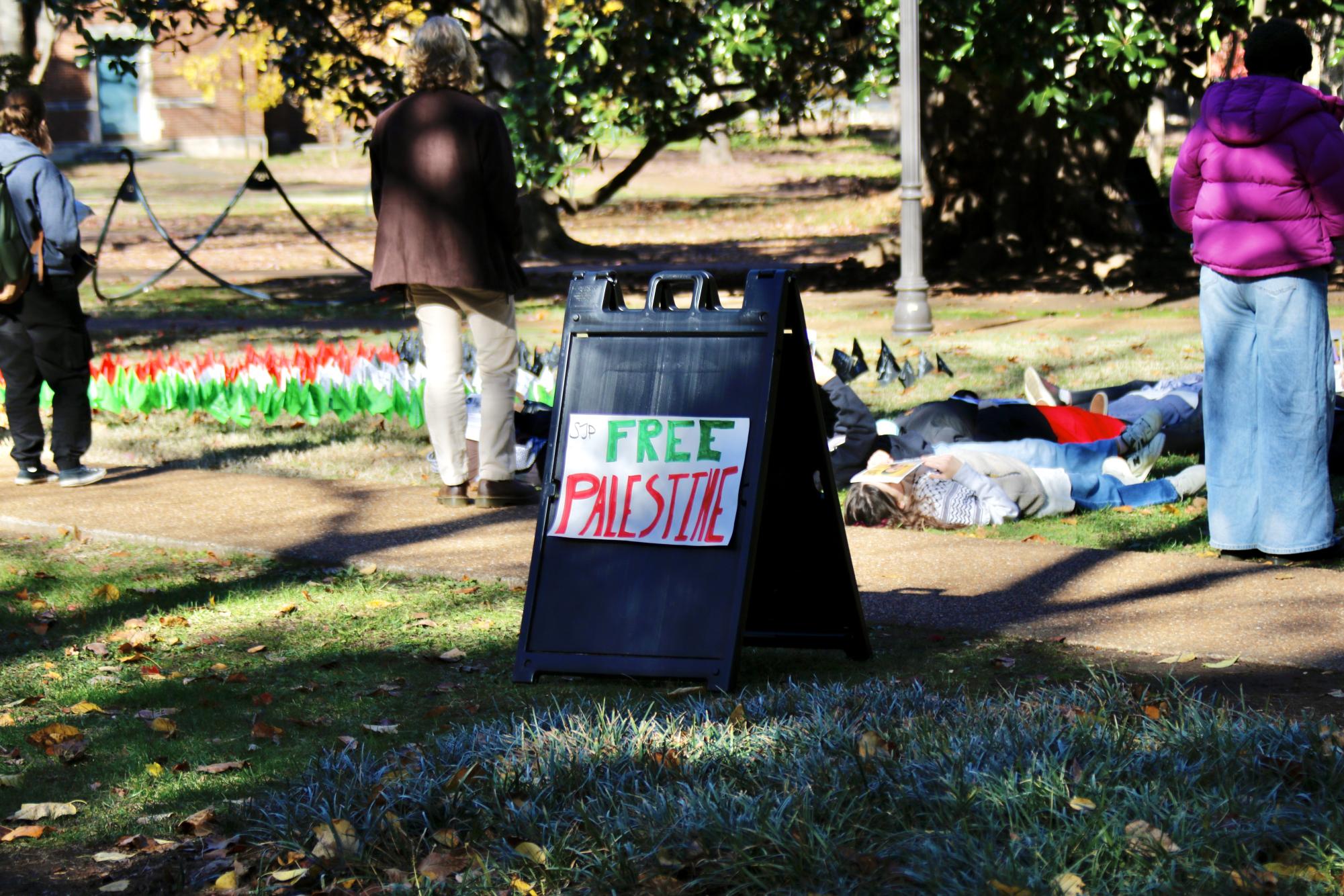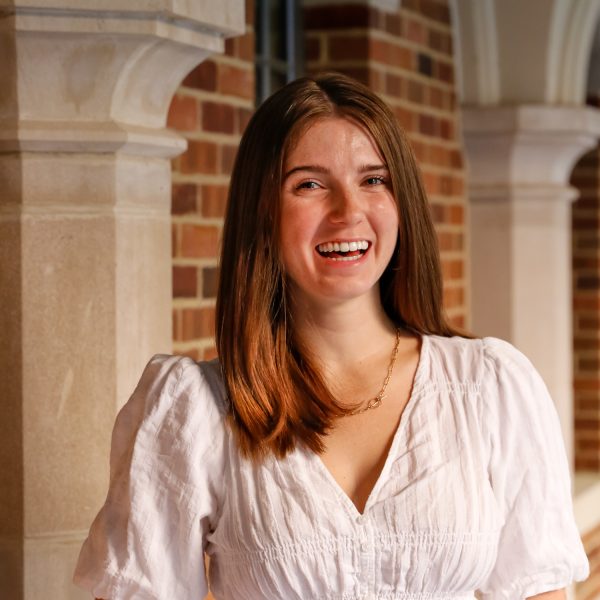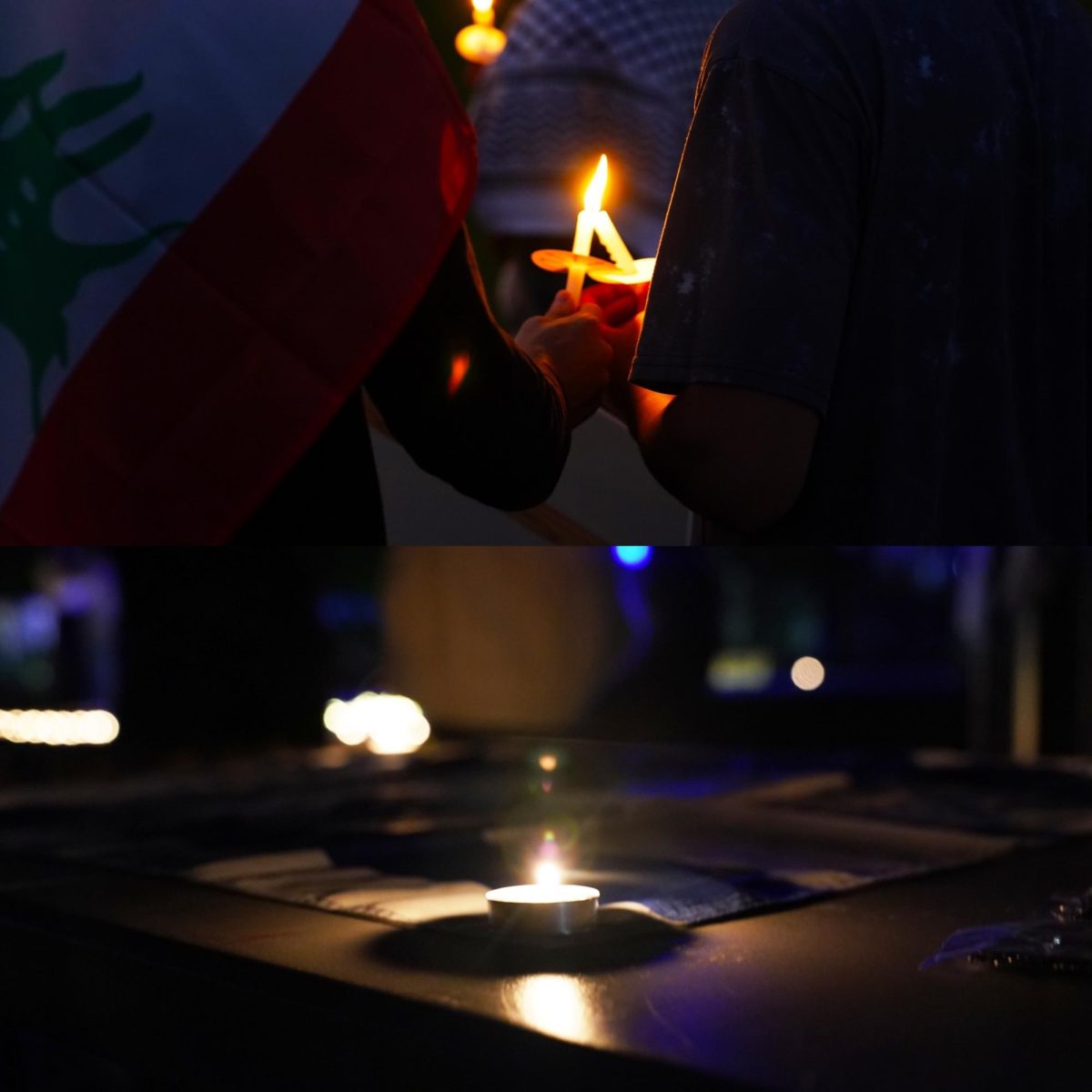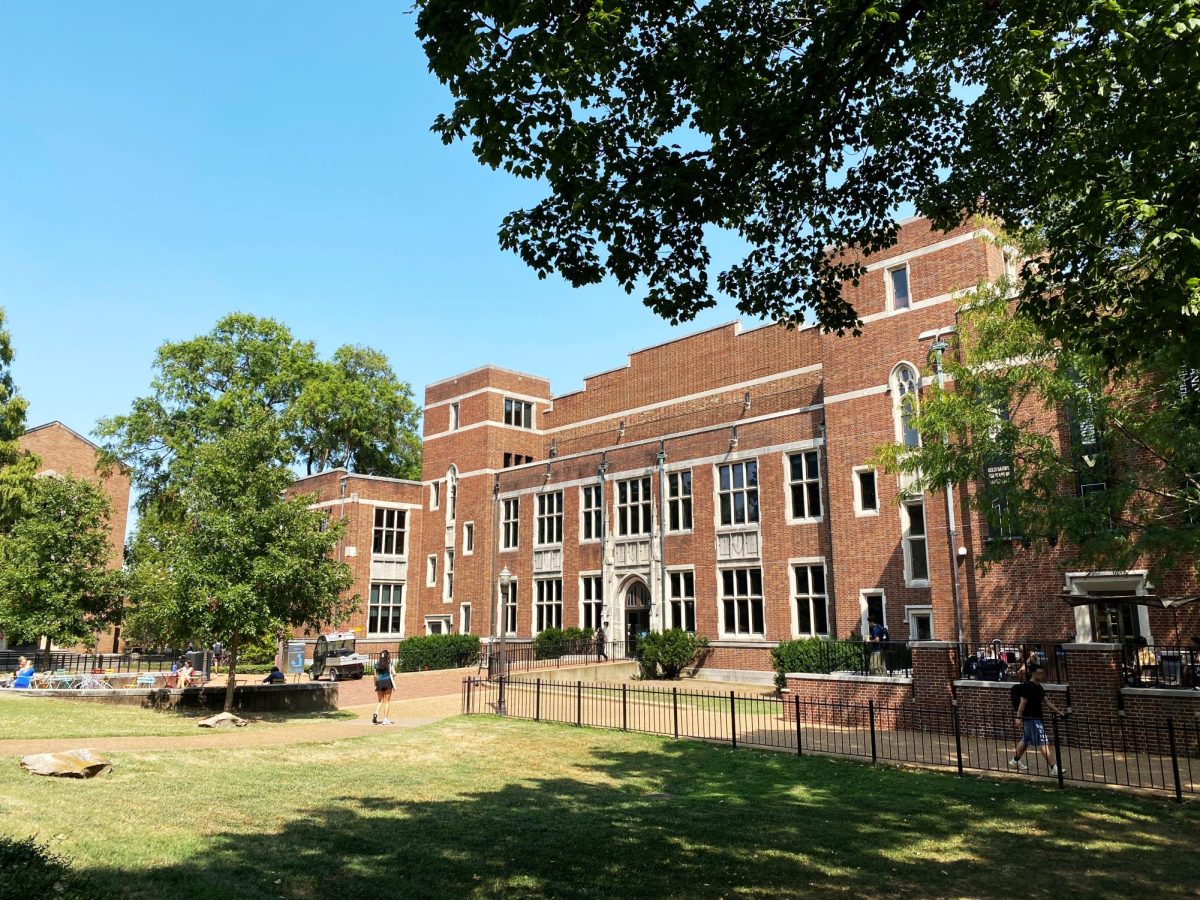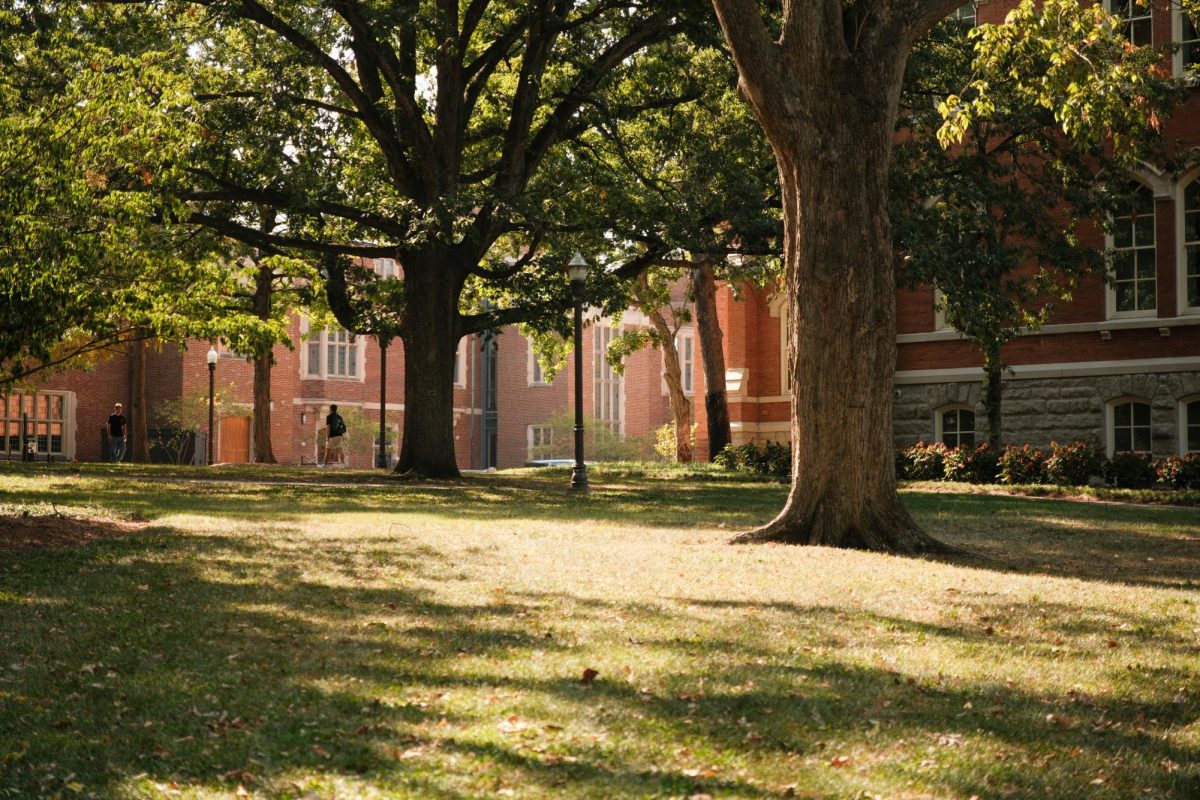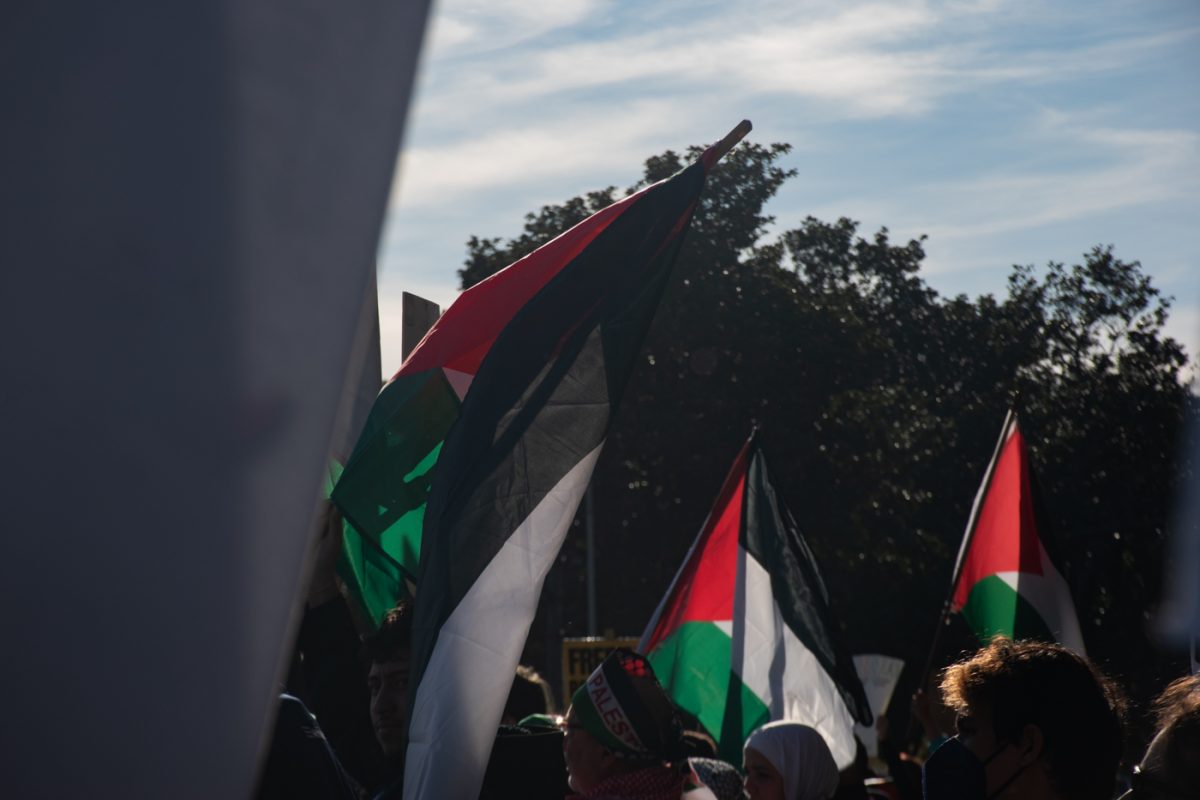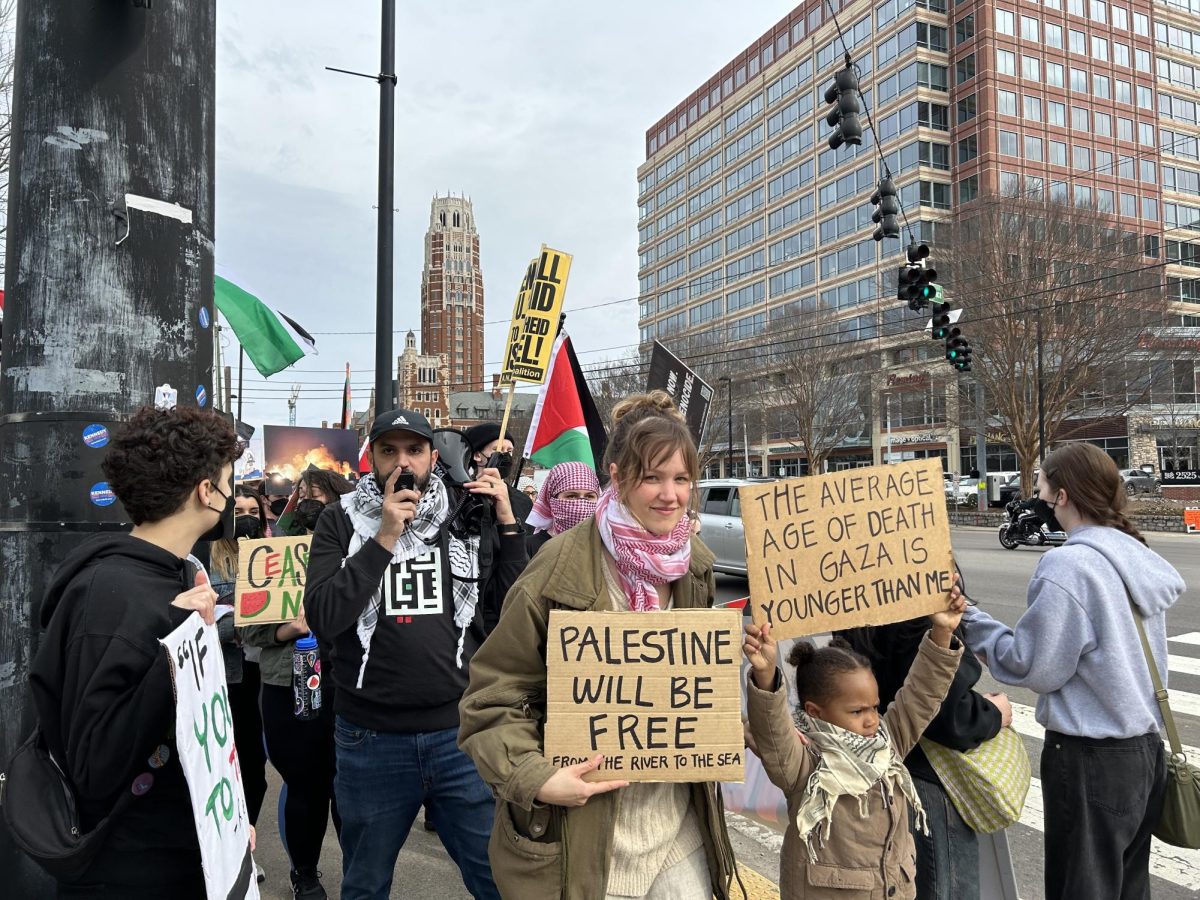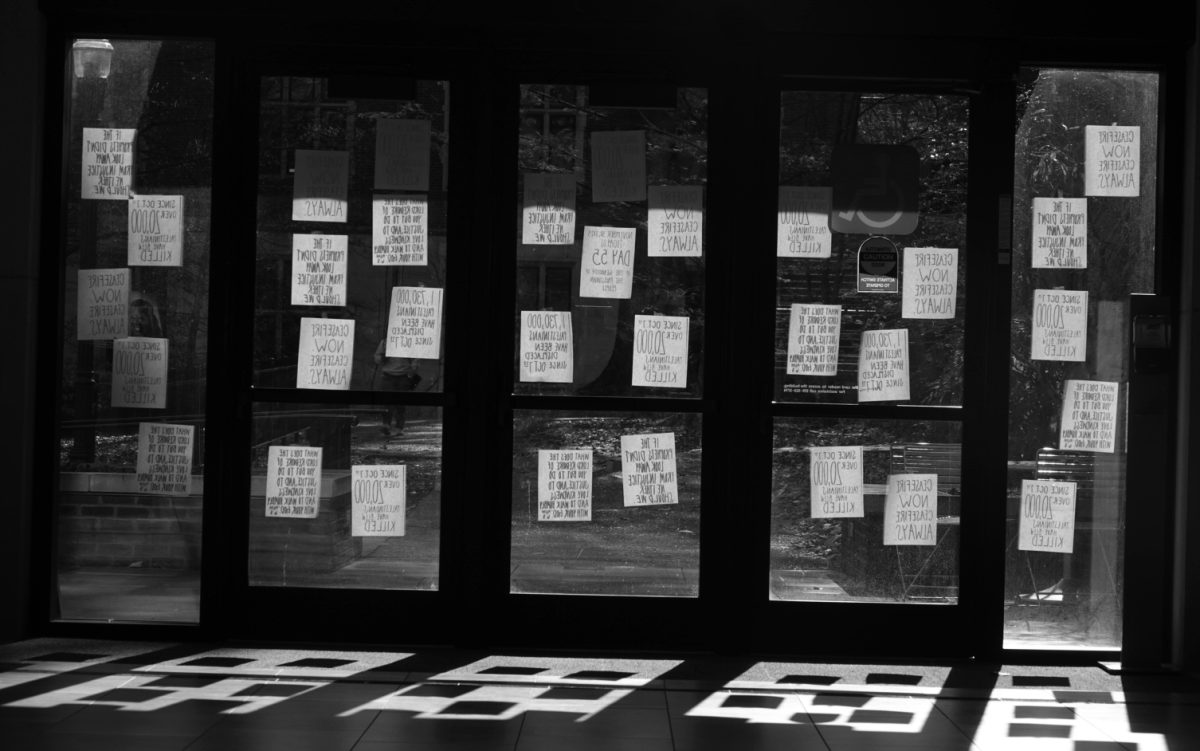As a Jewish student with family in Israel, I find it alarming that pro-Israel advocates on campus ignore diverse Jewish perspectives about Israel’s war on Gaza. Conflating Palestinian liberation activism with antisemitism will not protect Jewish students — it only serves to silence the voices of people, including many Jewish students, expressing real and pressing concerns about the Israeli government’s actions.
In a Dec. 15 guest editorial, a writer espoused views about Israel that are unrepresentative of many members of our campus’ Jewish community, including myself. Our Jewish community holds a wide range of opinions regarding Israel and the continuing war in Gaza — and we must acknowledge these to promote free expression and healthy debate on our campus.
In particular, the writer conflated anti-Zionist activism and Palestinian liberation activism with antisemitism, referencing the Students for Justice in Palestine installation on Rand Lawn on Nov. 15 and the Jews for Ceasefire protest in Rand Dining Hall on the same day. Unfortunately, such conflation will not prevent antisemitism and will not protect Jewish students. Rather, it will further devalue instances of real antisemitism and real violence against Jewish people.
The author referred to the SJP installation as a “breeding ground for misinformation, devoid of sources.” My experience with the SJP installation was quite different. Upon looking at the posters, I saw that they included citations for the displayed information, and I was able to verify those sources myself. In my discussions with SJP members, they respected my perspective and remained peaceful for the duration of their demonstration.
The installation did not serve so much as a “reminder of the assault on our homeland,” as the writer states, but rather a reminder of the Israeli response to that attack. The Israeli response, which is being perpetrated in my name, and ostensibly for my safety — has caused the deaths of thousands of Palestinian civilians, including at least 8,000 children.
The installation did not make me feel uncomfortable for being Jewish. It made me uncomfortable because it reminded me of the continual pain and terror that civilians in Gaza are forced to undergo, in the pursuit of an ideology — an ideology that I am told time and time again that I must support as a Jew, but do not and cannot support because of my principles and beliefs.
Further, the Jews for Ceasefire protest was, indeed, disruptive. That disruption pales in comparison to the plight of university students in Gaza, whose campuses have been bombed and professors and classmates have been killed.
Treating Vanderbilt’s Jewish community as a pro-Israel monolith makes a dangerous and offensive assumption: that to be a Jew is to support Israel, and that to be against Israel is to be against the Jewish people. Referring to Israel as my “homeland” feels ridiculous to me. I see it as nothing short of preposterous that I was born in the United States, my family is from Eastern Europe and yet I have the legal right to move to Israel, immediately become a citizen and occupy the home of a Palestinian who can never legally return.
Similarly, pro-Israel students on campus decry the phrase “from the river to the sea, Palestine will be free” as antisemitic, while failing to recognize that Benjamin Netanyahu has used the phrase “from the river to the sea” in describing his plans for Israeli sovereignty. The double standard is glaring, and making declarations on behalf of Vanderbilt’s entire Jewish community is disingenuous.
Finally, by denying calls for a ceasefire, pro-Israel advocates on our campus are not protecting Jewish lives — they are endangering them. In fact, some of the released hostages stated that they feared they would be killed not by Hamas, but by Israeli airstrikes. On Dec. 15, the IDF mistakenly shot and killed three Israeli hostages in Gaza. Calling for a continuation of Israel’s assault on Gaza is misguided — sustainable, equitable peace will not be achieved through more violence.
It is undeniable that many Jewish students at Vanderbilt have experienced antisemitism, and efforts to curb such antisemitism must be taken. But incidents like these highlight the need to clarify the distinction between Palestinian activism and real, blatant violence against the Jewish people. The measures proposed by pro-Israel advocates will only protect pro-Israel students, leaving students critical of Israel — including countless Jews like myself — to fend for ourselves as our speech and activism are restricted. To unilaterally apply the label of “antisemitism” to Palestinian activism not only silences people speaking out against injustice; it also devalues real antisemitic violence.
Previous guest authors have also proposed the institutional adoption of the International Holocaust Remembrance Alliance definition of antisemitism — which states that “claiming that the existence of a State of Israel is a racist endeavor” is antisemitic. Unfortunately, that definition is so vague and restrictive that it would stifle free speech, all the while grouping Jews critical of Israel — like me — with dangerous, real antisemites.
There are many more effective ways that Jewish students can be protected and antisemitism can simultaneously be curbed. One solution would be the institutional enshrinement of the Jerusalem Declaration on Antisemitism, which encompasses a much broader and much deeper explanation of what antisemitism is, how it happens and how to prevent it. Perhaps most importantly, it does not silence or shut down calls for justice for the Palestinian people. It defines us as Jews not by our connection to a Jewish ethnostate or a nationalist ideology — a connection that many Jews denounce or do not feel — but by our connection to Jewish culture and heritage.
As the discourse on these issues continues, two things are clear: violence is not the solution in Gaza, and the restriction of Palestinian liberation activism is not the solution on our campus. It is disheartening to me that these two truths are not universally recognized and accepted on our campus, but I remain optimistic. The discussions I have had about these issues with other Jewish students have been productive and enlightening, and I appreciate opportunities to hear a wide array of Jewish perspectives on the issue. By protecting free speech and Palestinian activism while also committing to fighting antisemitism, I am confident that we will be able to progress on productive discourse, find common ground and work towards lasting peace in the Middle East.


